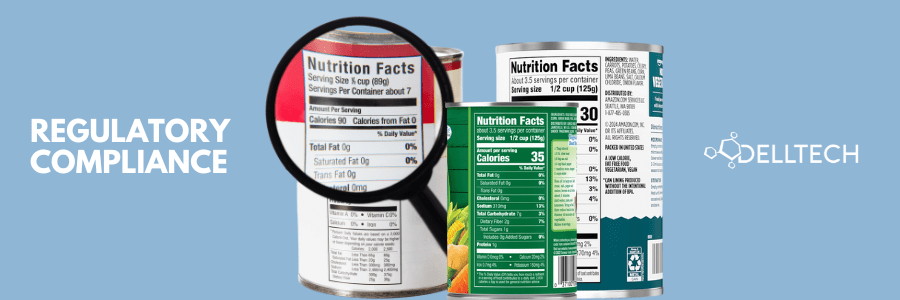By: Joe McCarthy, Lab Service Manager/Senior Regulatory Affairs Specialist, email
Environment & Climate Change Canada (ECCC) has published proposed regulations for Volatile Organic Compound Concentration Limits for approximately 130 product categories and subcategories. This will include personal care products, automotive and household maintenance products, adhesives, adhesive removers, sealants and caulks, and other miscellaneous products.
The proposed Canadian regulations are intended to be aligned with the California Air Resources Board (CARB) 2010 Consumer Product Regulations, but there are deviations for some requirements and product categories.
The proposed regulations also include two scenarios for which a permit to exceed VOC limits for a product will be granted for a period of 2 to 4 years.
The proposed regulations also introduce a VOC Tradeable Unit Credit Program similar, but not identical, to the CARB’s Alternative Control Plan Regulation for Consumer Products and Aerosol Coating Products.
The proposed regulations would come into force 2 years (for most product categories) after the final regulations are published. Disinfectants will have 3 years to comply.
There is a 75-day comment period on the proposed regulations ending September 19, 2019.
For help on how to comply with these new regulations contact:
Contact:
Dell Tech
Joe McCarthy, Senior Regulatory Affairs Specialist
jmccarthy@delltech.com
519-858-5024
Dell Tech has provided professional, confidential consulting services to the chemical specialty
industry in Canada, the USA, Europe, and Asia for the last 40 years.
Contact us today for more information.




